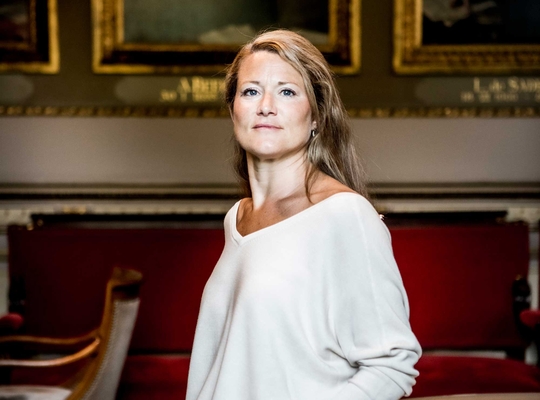You are here
Asylum arrivals in Belgium decline: Minister for Asylum and Migration Van Bossuyt announces end to hotel accommodation

Thanks to government policy, the number of asylum seekers arriving in Belgium has dropped significantly. The results are especially striking in the months that usually see a peak: a decrease of 21% in September and, based on current projections, even 38% in October.
“There’s still a lot of work ahead, but the turnaround has begun.” In 2024, Belgium still recorded a 12% increase in asylum applications, while the European Union saw an average decrease of 12%.
“Now the situation looks very different: since September 2025, applications in Belgium have been declining much more sharply than the European average,” said minister Anneleen Van Bossuyt in an interview with VTM Nieuws.
At the start of the year, the Chain Monitoring Unit forecasted that the number of asylum applications could rise to 50,000 in 2025 if the previous government’s asylum and migration policies remained unchanged. Thanks to a broad set of measures taken by minister Van Bossuyt, those figures will be much lower.
The government has, after years of leniency, finally taken the necessary steps in recent months to reduce the inflow of asylum seekers and to discourage abuse. Return premiums that were being misused have been scrapped. Entry checks were introduced on buses, trains, and flights within the Schengen area. Asylum seekers who already received protection or a negative decision in another EU country are no longer entitled to reception in Belgium. The rules on family reunification have been tightened as well: higher income thresholds, waiting periods, and a minimum age of 21 are now in place to prevent abuse. Finally, access to social welfare will be linked to integration efforts, so that support is accompanied by responsibility.
Minister Van Bossuyt also announced that she is beginning the systematic phase-out of hotel accommodation for asylum seekers. “Hotel stays were an emergency measure introduced by the previous government when the reception network became overwhelmed due to their policy choices. I’m doing what I promised and closing that chapter. Today, there’s no longer any justification for it. Reception must be humane but modest: it’s about providing shelter, not hotel rooms. That creates the wrong perception among the public and acts as a pull factor for asylum seekers.”

